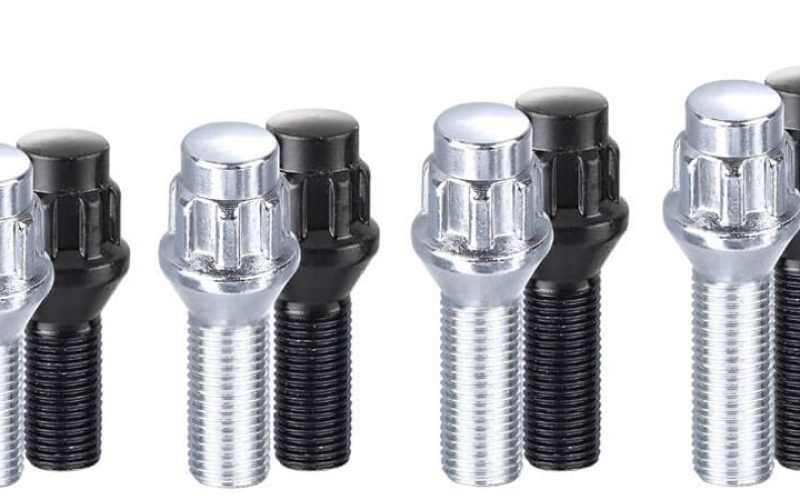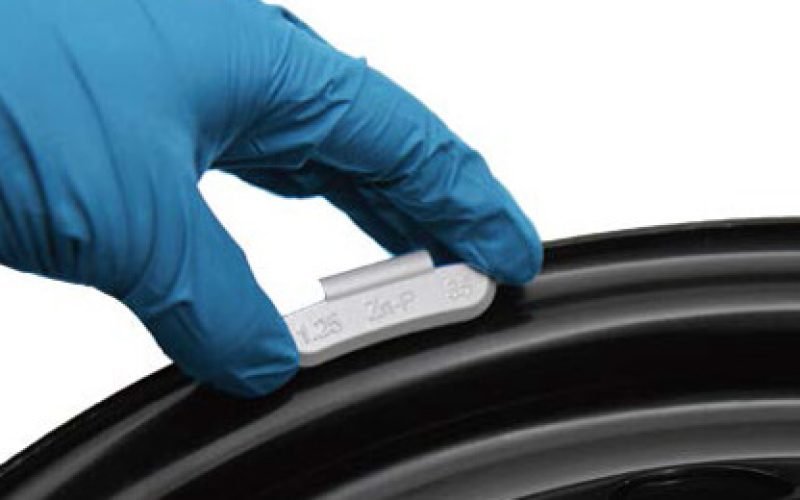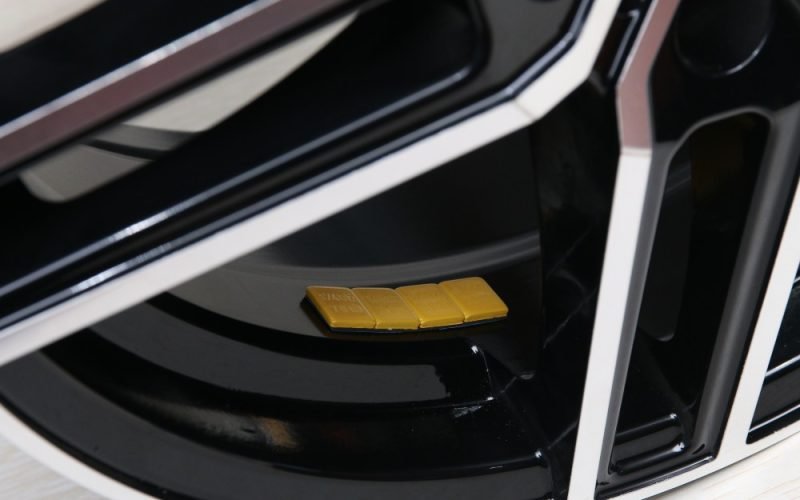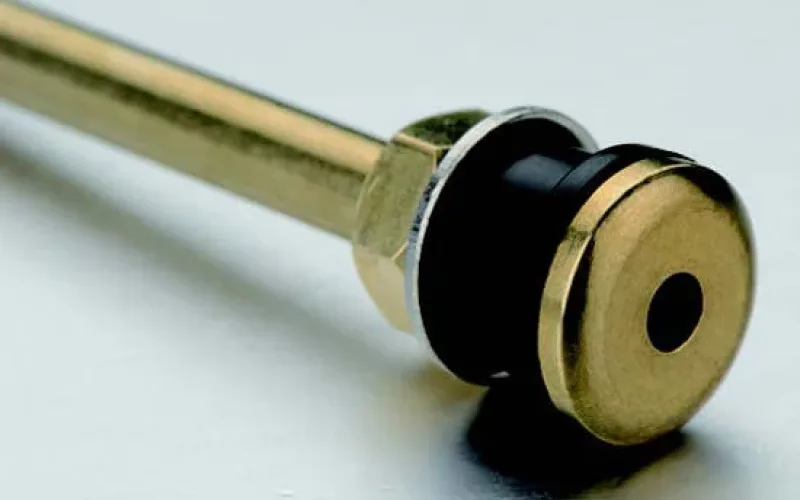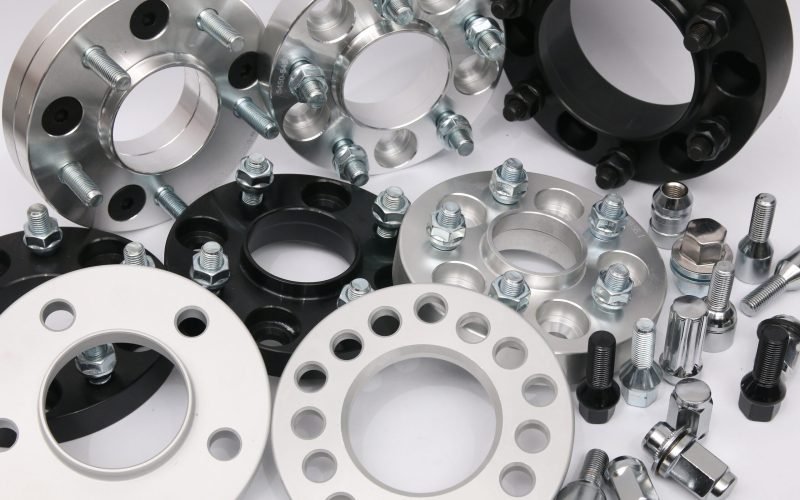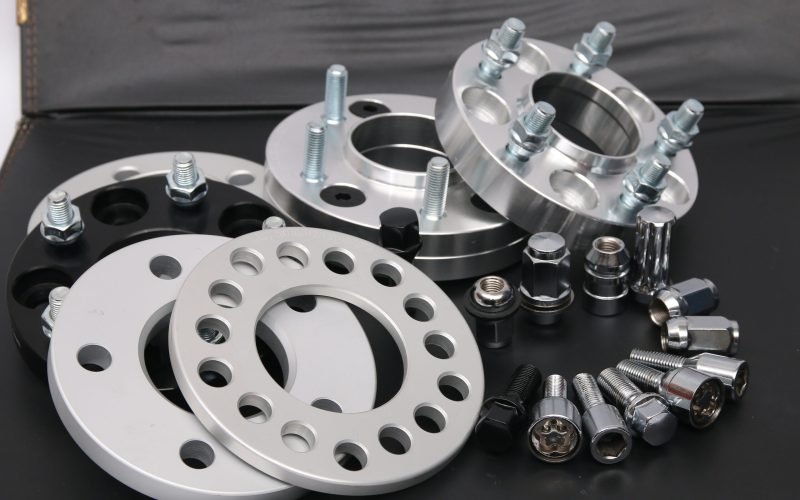

admin1
July 20, 2025
Do Car Tire Caps Really Matter for Your Car’s Performance
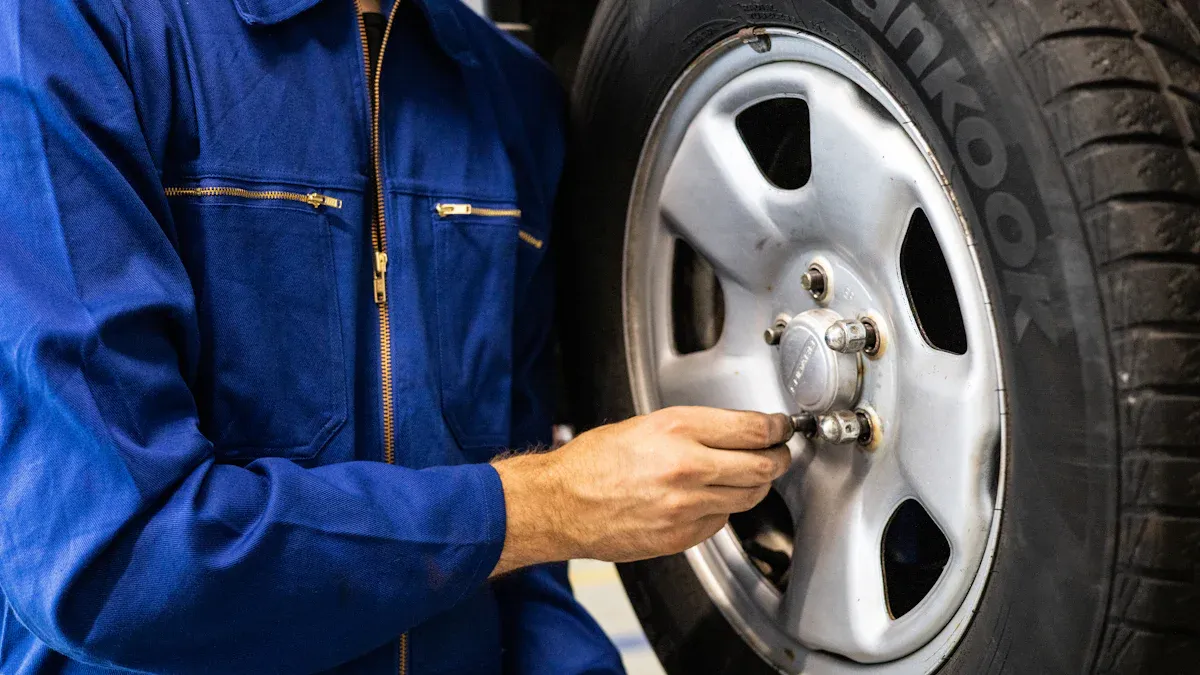
You might not notice them, but car tire caps play a big part in keeping your vehicle running smoothly. Tire valve caps act as a shield, stopping dirt and moisture from getting into the valve. This protection keeps the tire valve in good shape and helps maintain the right tire pressure. Studies show that tire valve caps help prevent air leaks and keep your tires working well. Proper tire pressure leads to better fuel efficiency and safety when you drive.
Did you know? According to recent data, a large number of tire-related breakdowns happen because of improper tire pressure or valve issues:
| Cause of Tire Breakdown | Percentage of Tire Breakdowns | Link to Improper Tire Pressure or Valve Issues |
|---|---|---|
| Tire Blowouts | 20% | Yes (often due to low tire pressure) |
| Miscellaneous Tire Issues | 15% | Partially (includes valve stem failures) |
Tire protection starts with something as simple as making sure your car tire caps and tire valve caps are always in place.
How Car Tire Caps Protect Your Tire Valves
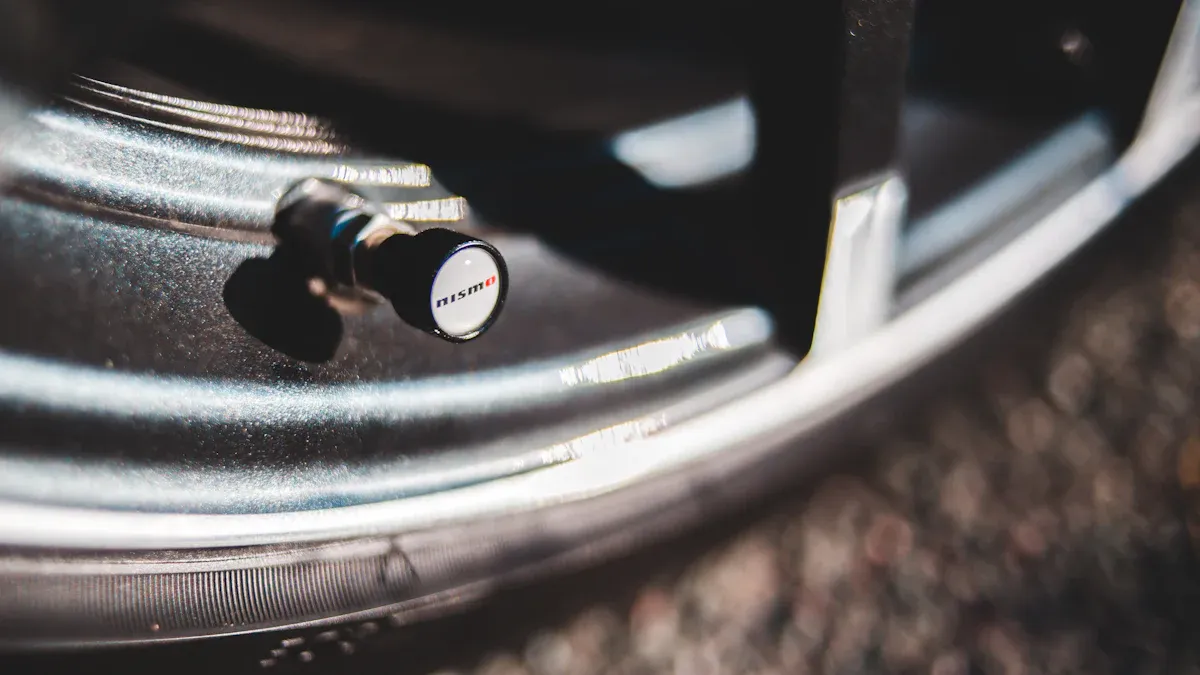
Blocking Dirt and Moisture from the Valve
When you drive, your tires face many challenges from the road. Dirt, sand, and water can easily reach the valve area. Tire valve caps act as a barrier. They keep these unwanted materials away from the valve stem and core. If dirt or moisture gets inside, it can cause problems. The valve may not seal properly, and you could lose tire pressure. You want to keep your tires in top shape, so this protection is important.
Tip: Always check that your tire valve caps are tight after filling your tires with air. This simple step helps keep out dirt and moisture.
Preventing Valve Damage and Corrosion
You might not see it, but the inside of a tire valve is sensitive. Without a cap, the valve faces exposure to rain, road salt, and even chemicals. Over time, this exposure can lead to corrosion. Corrosion can make the valve stick or break. Sometimes, different metals in the valve and stem can react. This reaction, called galvanic corrosion, can damage the valve even more. Tire valve caps help prevent valve damage by blocking these harmful elements.
- Tire valve caps protect valve stems and cores from:
- Moisture contamination
- Dirt, sand, and debris
- Corrosion, including galvanic corrosion
- Physical damage from the environment
If you want your tires to last longer, you need to keep the valves safe. Tire valve caps provide the protection your tires need every day.
Reducing the Risk of Air Leaks
You rely on consistent tire pressure for safe driving. Tire valve caps serve as a secondary seal. They help reduce the risk of air leakage if the valve core does not close perfectly. While the main job of the cap is protection, it also helps keep air inside the tire. For most tires, especially those with Schrader valves, the difference in air retention with or without a cap is small. However, if dirt or debris gets into the valve, it can cause air leakage. This is why you should always use tire valve caps. They help you avoid sudden drops in tire pressure and keep your tires performing well.
Note: Tubeless tires may benefit even more from tire valve caps because they stay on your car longer and need extra protection.
Car tire caps may seem small, but they play a big role in keeping your tires safe. They help prevent valve damage, protect against corrosion, and reduce the risk of air leakage. By using tire valve caps, you help maintain consistent tire pressure and extend the life of your tires.
The Role of Tire Valve Caps in Tire Performance
Maintaining Proper Tire Pressure
You want your tires to perform well every day. Tire valve caps help you maintain tire pressure by protecting the valve stem from dirt and debris. When dirt enters the valve, it can cause leaks. Even a small leak can lead to a slow loss of air. Charles Sena, a senior corporate tire manager, explains that metal tire valve caps are especially important. They keep debris out of the valve stem, which helps prevent air leaks. This means you can keep consistent tire pressure for longer periods.
If you drive without a cap, you risk losing air from your tires. This can make your car less safe and hurt your vehicle performance. You should always check that your tire valve caps are in place after adding air. This simple habit helps you avoid problems and keeps your tires working as they should.
Tip: Make it a routine to check your tire valve caps when you check your tire pressure. This small step supports better tire maintenance.
Impact on Safety and Handling
Tire safety depends on keeping the right amount of air in your tires. If you lose air, your tires can become unsafe. The Federal Department of Transportation (DOT) requires that truck tires always have valve caps. This rule exists because missing or faulty caps can lead to air loss. When this happens, you face a higher risk of blowouts and poor handling.
You may notice your car feels different if your tires do not have enough air. The steering can become harder, and your car may not stop as quickly. Modern technology has made tire safety even better. Some companies, like Continental, have created valve cap sensors. These sensors replace regular tire valve caps and give you real-time tire pressure information. You can spot problems early and fix them before they become dangerous.
Note: Proper tire valve caps help you avoid sudden tire failures and keep your car handling safely on the road.
Fuel Efficiency and Tire Lifespan
You save money and drive farther when your tires have the right pressure. Tire valve caps protect the valve stem from dirt and moisture. This protection helps prevent valve damage and blockages. While tire valve caps do not stop air from escaping through the tire rubber, they help you maintain tire pressure by keeping the valve clean and working well.
Experts from Bridgestone say that regular tire pressure checks are still important. Even with car tire caps in place, you should check your tires often. Good habits like these help you get the most out of your tires. You can improve fuel efficiency and extend the life of your tires by keeping them at the right pressure. This means fewer trips to the gas station and less money spent on new tires.
Remember: Tire valve caps are a small part of your car, but they play a big role in tire safety, fuel savings, and overall vehicle performance.
Risks of Missing or Damaged Tire Valve Caps
Increased Air Leakage and Pressure Loss
When you drive without tire valve caps, you expose your tire valves to dirt, dust, and moisture. These small particles can get inside the valve stem and cause slow air leaks. Over time, you may notice your tires losing air even if you do not see any visible damage. The valve cap acts as a backup seal, giving extra protection to keep air inside the tire. Without this protection, you risk pressure loss, which can make your tires underinflated. Underinflated tires do not grip the road well and can make your car harder to control. You may not always notice the leak right away, but it can lead to a flat tire or even a blowout if ignored.
Tip: Always check your tire valve caps after filling your tires with air. This simple habit helps you avoid slow leaks and keeps your tires in good shape.
Valve Corrosion and Expensive Repairs
Missing or damaged tire valve caps allow moisture to enter the valve stem. In cold weather, this moisture can freeze and make the valve brittle or cracked. Over time, brake dust and grime can build up around the valve, causing corrosion. Corroded valves can stick or break, making it hard to keep your tires inflated. Some drivers have found that metal caps can fuse to the valve stem because of corrosion, making removal difficult. If you try to remove a stuck cap, you might break the valve stem, which can lead to costly repairs. Sometimes, you may even need to replace the entire valve stem or the tire pressure sensor.
- Risks of missing or damaged caps include:
- Moisture and dirt entering the valve
- Corrosion of metal parts
- Expensive repairs or replacements
Compromised Tire Performance
When your tires lose air or the valves become damaged, your vehicle’s performance suffers. Underinflated tires can reduce fuel efficiency and make your car less safe. You may notice poor handling, longer stopping distances, or a rougher ride. Missing tire valve caps increase the risk of tire failure, which can lead to accidents. Regular inspection and replacement of your tire valve caps help you avoid these problems. By keeping your tire valves protected, you support better tire performance and safety every time you drive.
How to Choose the Right Car Tire Caps

Material Choices: Plastic vs. Metal
When you pick tire valve caps, you need to think about the material. Plastic caps are lightweight and cost less. They work well for daily driving and mild weather. However, they do not last as long as metal caps. Metal caps, made from aluminum or stainless steel, give you more durability and a premium look. They resist wear and tear, especially in rough conditions or extreme weather. Some metal caps have rubber washers or O-rings that help seal the valve tightly. This extra seal keeps out dirt and moisture, which protects your tire valves.
| Feature | Plastic Valve Caps | Metal Valve Caps |
|---|---|---|
| Material | Plastic | Aluminum or Stainless Steel |
| Durability | Less durable | More durable |
| Weight | Lightweight | Heavier |
| Protection | Basic protection against dirt and moisture | Better sealing, often with rubber seals |
| Performance | Good for normal driving | Best for harsh conditions and high temperatures |
| Extra Notes | Cost-effective and common | Premium look; can seize if not installed properly |
Tip: Choose metal caps if you drive in tough weather or on rough roads. They offer better protection for your tire valves.
Ensuring Proper Fit and Compatibility
You want your tire valve caps to fit well and work with your tires. Here are some things to check:
1. Pick a material that matches your needs—plastic for light use, metal for tough conditions. 2. Select a style that fits your car and is easy to grip. 3. Make sure the cap tightens securely for a snug fit. 4. Look for weather-resistant caps to protect against dust, dirt, and corrosion. 5. Check if the caps work for other vehicles, like bikes or motorcycles.
Proper installation is important. If you do not install the caps correctly, you might face air leaks or stuck caps. Some metal caps have special designs, like knurled or hex heads, to help you tighten them easily during installation.
When to Upgrade Your Tire Valve Caps
You should upgrade your tire valve caps if you notice any of these signs:
- Dashboard warning lights about tire pressure.
- Cracks or visible damage on the caps.
- Hissing sounds or bubbles when you check with soapy water.
- Tires that keep losing air even after you fill them.
- Caps that are hard to remove or feel loose.
If you see these problems, new caps can help keep your tires safe and working well.
Tire Valve Cap Maintenance and Replacement Tips
Checking Your Tire Valve Caps Regularly
You should check your tire valve caps every month and before long trips. Look for cracks, missing caps, or signs of dirt and moisture around the valve stem. If you see any damage, replace the cap right away. A quick visual inspection helps you spot problems early. This simple habit keeps dirt and water out of the valve, which helps your tire hold air longer. When you check your tire pressure, always make sure the valve caps are tight. This step is a key part of good tire maintenance.
Tip: Make checking your tire valve caps part of your regular tire care routine. This helps prevent air leaks and keeps your tires in top shape.
When and How to Replace Tire Valve Caps
If you notice a missing or damaged cap, replace it as soon as possible. Follow these steps to keep your tire safe and prevent air leaks:
- Use a valve core wrench to check and gently tighten the valve core inside the stem.
- Choose stainless steel or plastic caps. Avoid aluminum caps because they can corrode and stick to the valve.
- If you still hear air leaking, remove the valve core and clean or replace it.
- Only remove the valve core near an air source so you can refill the tire right away.
- Never drive on a flat tire. This can damage the sidewall and make repairs harder.
- After fixing the valve, install a new cap and make sure it fits snugly.
You should also replace valve stems when you get new tires. Clean the valve area, especially in winter, to stop corrosion. Always use high-quality caps for the best protection.
Everyday Care for Long-Lasting Tire Performance
Regular care helps your tires last longer and keeps your car safe. Check your tire pressure at least once a month. Make sure the valve caps are always in place. Clean the valve area to stop dirt and water from causing damage. If you see signs of valve damage, like fast air loss or trouble inflating, get help from a professional. Good tire maintenance, including caring for your tire valve caps, leads to better fuel efficiency, safer driving, and fewer tire replacements.
Remember: Small steps, like checking and replacing tire valve caps, make a big difference in keeping your tires healthy and your ride smooth.
You play a key role in keeping your car safe by using car tire caps. Quality caps protect your tire from air leaks, dirt, and moisture. Experts say that strong materials like anodized aluminum and brass last longer and resist corrosion. Rubber washers inside the caps create tight seals, blocking leaks and keeping your tire in top shape. Regular checks and quick replacements help you avoid costly repairs and support your safety on the road.
FAQ
Do all cars need tire valve caps?
Yes, every car needs tire valve caps. You protect your tire valves from dirt, moisture, and damage by using them. Missing caps can lead to slow air leaks and lower tire pressure. Always check that each tire has a cap in place.
Can I drive without a tire valve cap?
You can drive without a cap, but you risk dirt and water entering the valve. This can cause air leaks or valve damage. You keep your tires safer and lasting longer by replacing missing caps as soon as possible.
How often should I replace my tire valve caps?
Check your tire valve caps every month. Replace them if you see cracks, damage, or if they feel loose. New caps help you prevent leaks and keep your tire valves clean. Regular checks support better tire performance.
Are metal tire valve caps better than plastic ones?
Metal caps offer more durability and better protection in harsh weather. Plastic caps work well for everyday driving. If you drive in tough conditions, choose metal caps with rubber seals for extra safety. Both types help keep your tire valves clean and secure.
